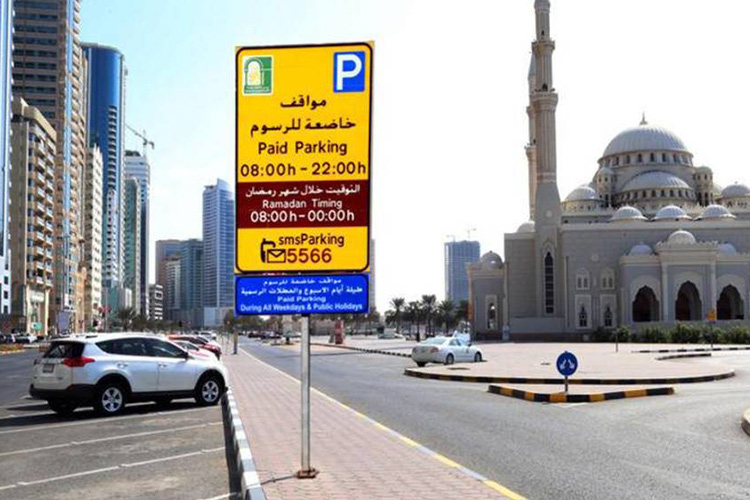Greek MPs to vote on Macedonia name change

Greek lawmakers are due to vote.
ATHENS: Greek lawmakers are due to vote on Friday on a deal to change the name of neighbouring Macedonia and resolve a diplomatic dispute that has dragged on for nearly 30 years.
The vote was originally scheduled for after midnight on Thursday but had to be postponed to Friday because some 230 lawmakers wanted to speak on the issue, the parliament speaker said.
Hundreds opposed to the deal protested outside parliament on Thursday evening, with police using tear gas to disperse them.
\GREEK 2The vote on the agreement to rename Macedonia as the Republic of North Macedonia is now planned for around 2:30pm (1230 GMT).
“Tomorrow is a crucial vote... now is the time to break free of the vicious cycle of nationalism and look at... future cooperation,” Prime Minister Alexis Tsipras told the chamber.
Macedonia’s parliament on Jan.11 backed a constitutional revision to change the country’s name but for the deal to go through, it must also be approved by Greek MPs.
Communist party activists Thursday draped giant banners outside the Acropolis, the ancient citadel on a rocky outcrop overlooking Athens, reading: “No to the Tsipras-Zaev agreement.”
That was a reference to the landmark compromise agreed in June between Tsipras and his Macedonian counterpart Zoran Zaev.
On Sunday, clashes between police and masked protesters left around 40 people injured as tens of thousands demonstrated in Athens against the name change.
According to the government, “the incidents were provoked by extremists, members of (neo-Nazi party) Golden Dawn, who attempted to enter parliament.”
A wide range of Greek political parties, from Golden Dawn to the Socialists, oppose the accord.
But it could nonetheless be approved by the required 151 lawmakers in the 300-seat parliament.
The accord aims to start unravelling a diplomatic dispute that began nearly three decades ago with Macedonia’s declaration of independence but whose roots date back centuries.
Since 1991, Athens has objected to its neighbour being called Macedonia because Greece has a northern province of the same name. In ancient times it was the cradle of Alexander the Great’s empire, a source of intense pride for Greeks.
But the June agreement marks a landmark shift in the dispute, with the efforts of the two prime ministers winning them a nomination for the 2019 Nobel Peace Prize.
Right side of history
In addition to normalising relations between the two countries, implementation of the agreement will open the door for Macedonia to join the European Union and NATO, hitherto blocked by Athens’ veto.
But in Greece, its neighbour’s name continues to fuel controversy in politics and society, a few months ahead of parliamentary elections scheduled for October.
Last week, Tsipras’s ruling coalition fell apart as a result of the controversy but he then narrowly won a confidence vote, setting the stage for the name-change vote in parliament.
His leftist Syriza party has 145 MPs and enough independent members have pledged their support to secure approval of the deal.
On the right, New Democracy leader Kyriakos Mitsotakis said the agreement “creates new problems” and “awakens nationalism.”
“Your foreign policy is superficial and ignorant... you should be ashamed,” he told leftist lawmakers.
“Are you afraid of a state that does not even have two percent of our military capability and not even six percent of our economic output?,” former foreign minister Nikos Kotzias, who was one of the top architects of the June agreement, asked the MPs.
Macedonian Foreign Minister Nikola Dimitrov, who worked with him on the deal, told AFP the compromise had created “a climate (in which) the impossible is actually possible.”
For many Greeks, especially in the north where the province of Macedonia is the birthplace of Alexander, the name “Macedonia” belongs to Greek historical heritage.
But Tsipras insisted Thursday: “We never had a Macedonian language. Alexander the Great spoke Greek.”
If the agreement does not come into effect, “the consequences of the failure will be profound” and reaching a new deal “would take years, not months”, UN mediator Matthew Nimetz warned in an interview with Greek news agency ANA.
Agence France-Presse



